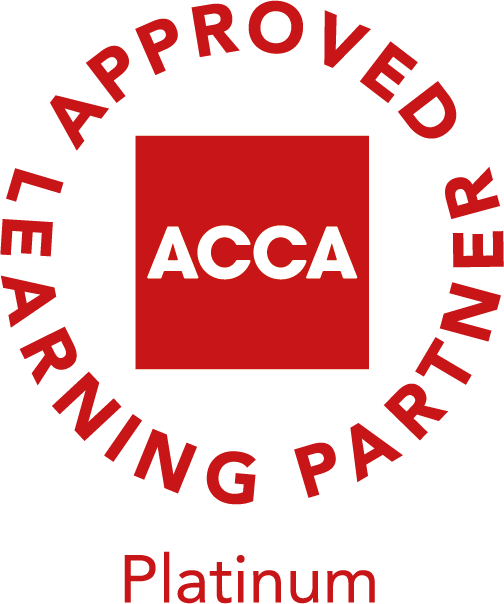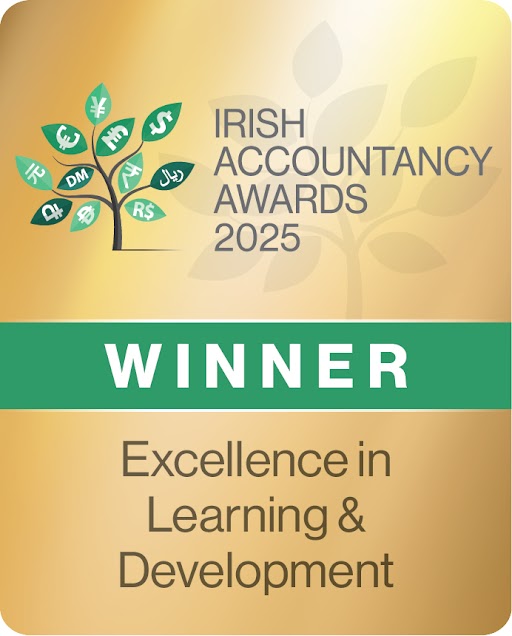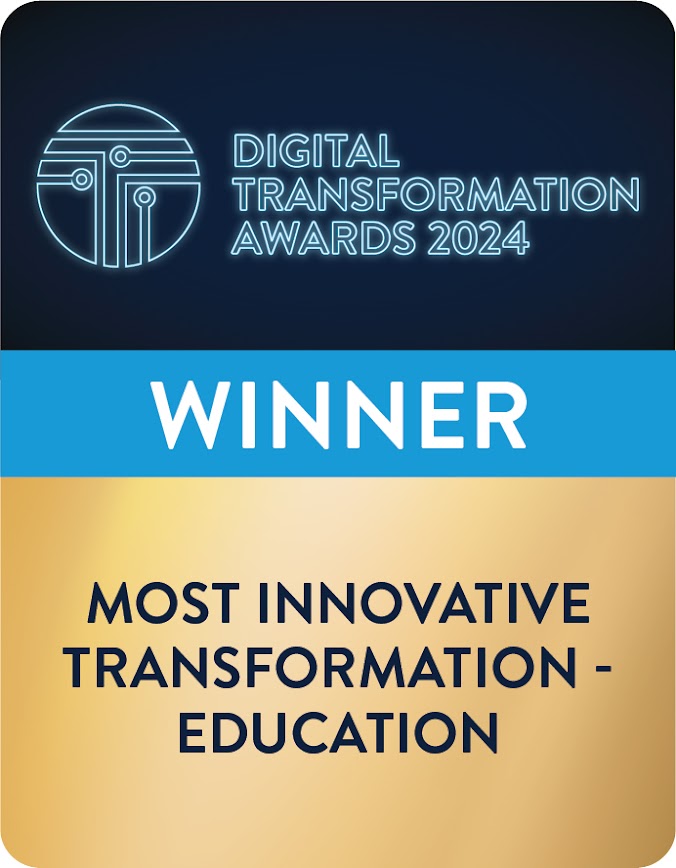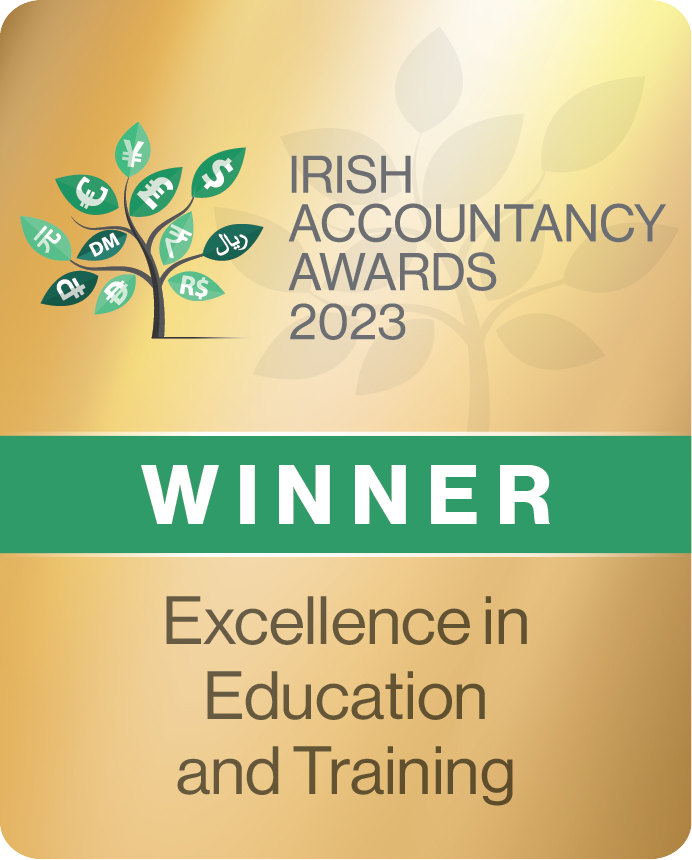Description
COURSE DESCRIPTION
This course was developed in close collaboration with a diverse range of industry practitioners, specialist recruiters and recruitment agencies. The course addresses the significant demand for risk/compliance professionals, and focuses on the specific areas of skills demanded in an increasingly Fintech driven operating environment.
Risk and compliance professionals are core to the financial services industry, and current demand, in a very competitive marketplace, is being driven by a variety of factors including new (post-Brexit) entrants, and a constantly evolving regulatory environment.
The course, critically, provides the opportunities for returners to the workforce, and those recently made redundant in the downsizing of the domestic banking sector, with the opportunity to demonstrated work based skills and competencies, and new entrants to the financial services industry.
As this is an inter-disciplinary qualification, subject to entry requirements, this course is also open to subject to entry requirements open to individuals with a background in business, finance or technology.
Programme Syllabus:
MODULE 1: Foundations of the Regulatory Risk & Compliance in a Fintech Environment
This module aims to provide learners with practical analyses of the scope of current and evolving products/services, to
identify areas of increasing regulatory attention, and to differentiate the source of compliance risks related to the provision
of specific Fintech services. It is designed to provide learners with a foundational framework of technical competencies
and operational perspectives demanded in the contemporary financial services industry.
MODULE 2: AML Frameworks & Lifecycle Risk Management
This module critically evaluates best-practice in risk assessment, client on-boarding, and life-cycle management of client
accounts from the perspective of both financial institutions and professional service providers. Focusing on developing the
learner’s knowledge and employability skills in one of the key functions of the financial services industry, this module also
focuses the skills demanded in evolving payments sector.
MODULE 3: Operational Regulatory Requirements & Risk Management
In the context of the adoption of emerging regulation – EU’s Digital Operating Model Act (December 2022 ) – this module
provides learners with the knowledge and applied analytical skills required to take advantage of increasing operational risk
management employment opportunities across the financial services industry. The module specifically focuses upon
evolving ICT & cybersecurity risk regulatory requirements, vendor evaluation & outsourcing risk management, and models
to scale the provider’s compliance frameworks.
MODULE 4: Sustainability Risk Compliance & Disclosure
As the pace of transition to more sustainable business models accelerates, emerging sustainability disclosure and
reporting requirements, such as SFDR, TCFD and TFND and the adaptation of global accounting standards, such as
IFRS, highlights the role that risk compliance professionals will play in managing ESG risk. This module focuses on
providing learners with the evolving skill-sets required to meet this demand, e.g. developing measurement, reporting and
validation (MRV) methodologies & frameworks, managing data and using contemporary technology reporting solutions.
MODULE 5: Project Management for Risk & Compliance Professionals
This module provides learners with the project management skills to enable financial services providers to scope, plan,
implement and evaluate technology implementation and technology on-boarding projects. The module aims to utilise
real-world scenarios to demonstrate best-practice in procuring solutions from a new provider and in managing compliance
risks and regulatory frameworks associated with new product development.
MODULE 6: Professional Communications & Employability
This module aims to enhance the learners’ employability skills by enabling them to develop their innate sense of
professionalism and career orientation. Faculty will advise learners regarding potential career pathways, whilst industry
practitioners will prepare and mentor them for specific roles of interest. Over the duration of the module, learners will
prepare CVs, attend bespoke mock interviews, and expand their LinkedIn profiles & networks.
MODULE 7: Applied Project for Risk & Compliance Professionals
The aim of the Project is to consolidate the knowledge, skills and competencies acquired by learners during this course,
and enable them to specialise in one of the three core thematic modules. It is conducted in part with a team of peers and
with a requirement for a proportion of independent work.







